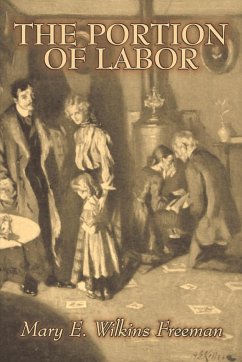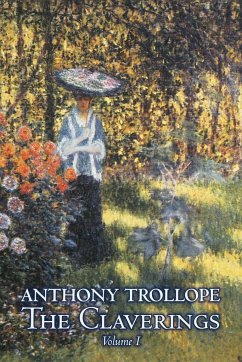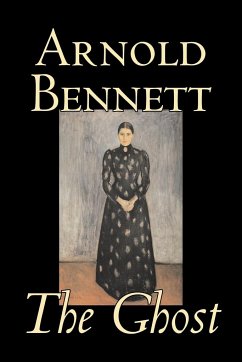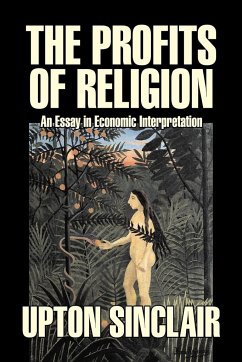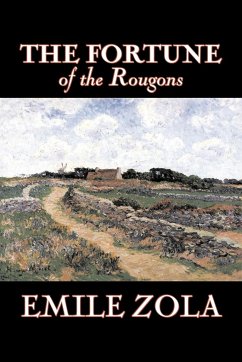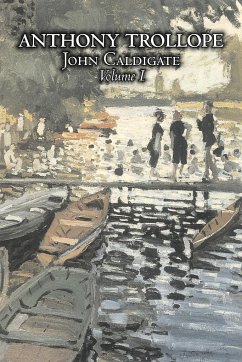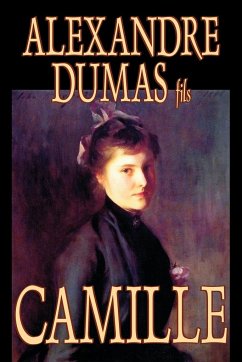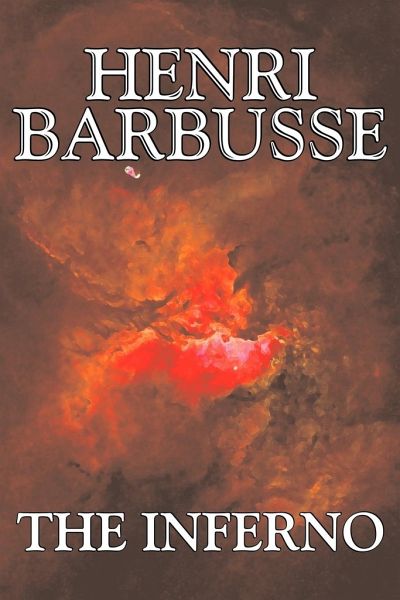
The Inferno by Henri Barbusse, Fiction, Literary
Versandkostenfrei!
Versandfertig in 1-2 Wochen
13,99 €
inkl. MwSt.

PAYBACK Punkte
7 °P sammeln!
You, my love, will be poor, so as to be more like all other women. In order for us to live together I shall work all day and so be your servant. You will work affectionately for us both in this room -- and in my absence there will be nothing beside you but the pure, simple presence of your sewing machine. You will practice patience which is as long as life -- and maternity, which is as heavy as the world.




